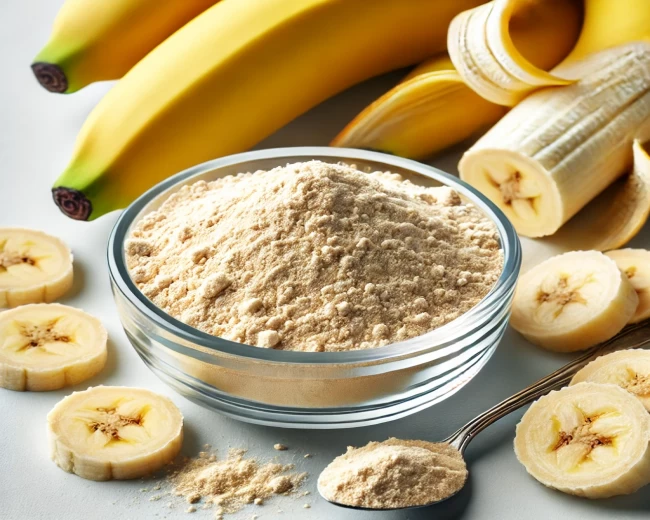Mustard Seeds
Mustard seeds are tiny, round seeds harvested from the mustard plant, which belongs to the Brassica family. These seeds vary in color, typically yellow, brown, or black, with yellow being the mildest in flavor, while brown and black seeds tend to be more pungent and aromatic. Mustard seeds are commonly used in cooking and have a significant role in cuisines worldwide, especially in Indian, Mediterranean, and European dishes.
The seeds are often used whole or ground into a powder to add spice and flavor to food. When heated, mustard seeds release a distinctive, sharp aroma and flavor, which can vary from mildly tangy to intensely spicy, depending on the variety. They are an essential ingredient in the preparation of mustard condiments and are also used in pickling and spice blends.
In addition to their culinary use, mustard seeds have been valued for their potential medicinal properties for centuries. They contain compounds such as glucosinolates, which are believed to have antioxidant, anti-inflammatory, and digestive benefits. They are also rich in essential minerals like calcium, magnesium, and iron.
Mustard seeds are often used in oil extraction, where mustard oil is obtained, which is a common cooking oil in some parts of the world. Additionally, mustard seeds are sometimes used in traditional medicine for their potential to support metabolic and digestive health.
Overall, mustard seeds are a versatile spice with a rich history, valued both for their culinary applications and potential health benefits.



